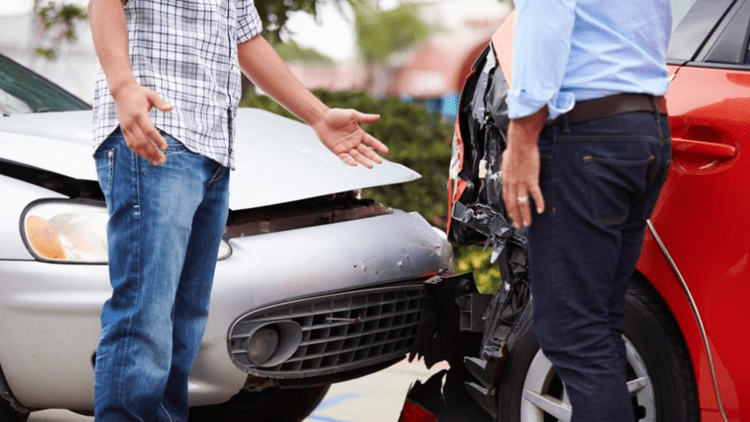
Imagine driving your daily route, minding your own business. A truck suddenly hits you from behind, totals your car, and leaves you with medical issues and lost wages. Car accidents can be incredibly upsetting and often lead to long-term physical, financial and emotional consequences.
Liability coverage is designed to protect you and those driving your vehicle against at-fault accidents. And coverage extends to property damages, vehicle damages and physical injuries within the policy limits.
In many states, a person can bring a claim against a negligent driver. But other states (like Michigan) have “no-fault" laws. Learn what type of insurance is required in no-fault states, and how that insurance works if you get into an accident.
What are no-fault laws?
States, like Michigan with no-fault laws require all drivers to carry personal injury protection (PIP).
A no-fault state requiring PIP coverage gives the affected parties an easy way to access health coverage for their injuries. Unlike traditional coverage, where a driver must be absolved of fault in to receive certain types of financial compensation, PIP coverage takes care of eligible costs immediately. Since fault isn’t always clear and determining fault takes time, important aspects of the claim are settled more expediently in no-fault states.
PIP coverage also provides disability insurance for losses related to the accident. The lost wages portion of PIP coverage is a huge relief for those struggling with an injury and unable to work.
A deeper look at no-fault insurance
If you have PIP coverage, payment for any injuries would come from your policy. In other words, if you get rear-ended and sustain a neck injury, your insurance company (rather than the person who rear-ended you) would pay the associated costs.
Here are the essential elements of a no-fault system:
- Benefits go to covered persons, regardless of who is at fault
- Partial or total exemption from civil legal (“tort”) liability for those who are insured
- Mandatory no-fault coverage on registered automobiles
Expenses that might be covered are:
- Economic loss: PIP may cover lost wages during the recovery period.
- Medical costs and rehabilitation: PIP covers associated medical bills and necessary rehabilitation resulting from the accident.
- Replacement services: During the recovery period, you might not be able to perform activities you previously could. House cleaning, yard work and other “replacement” services may be paid under the claim.
- Funeral expenses: If an insured or their passenger dies in an accident, the associated funeral expenses may be covered as part of the loss.
